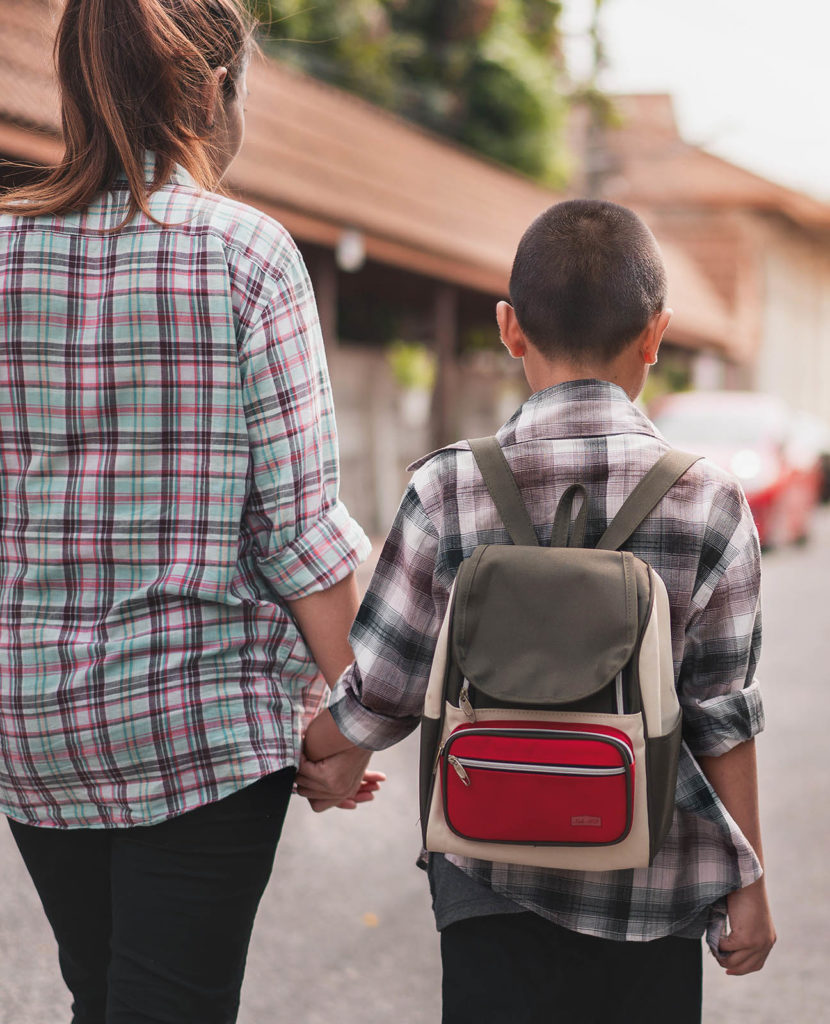Get The Facts And Have The Talk
Get The Facts And Talk To Your Kids About Marijuana
There are so many conversations to be had regarding marijuana. We are hoping this post will shine some light on the facts and provide you with tips on how to have a conversation with your children around the topic.
As of 2018 under California’s Prop 64, only people aged 21 or older can legally possess marijuana or concentrated cannabis (hashish) under Prop 64. If you are under the age of 21, you could be charged with a crime for possessing any amount of marijuana, and sentenced to a fine, drug counseling, and community service. Beyond these legal consequences, there can be lasting effects for youth who use marijuana. According to SAMHSA, the Substance Abuse and Mental health Services Administration, some of the risks include: issues with attention; concentration; problem solving; learning; and memory which could cause poor academic or future job performance; and lack of balance and coordination which could increase injury risk when playing sports or driving.
The California Department of Public Health adds that cannabis is harmful for teens and youth adults because their brains are still developing, leading to additional risks of poor judgement, decision making, and poor school performance. In addition, regular use of cannabis in teen years may lead to physical changes to the brain, possibly harming an individual’s memory and attention span. It does not stop there; the use of cannabis can also affect mental health, since regular use of the product can also increase a person’s risk for anxiety, depression, suicide, schizophrenia, and substance use. These consequences are real and everyone using or thinking of using marijuana should be aware of them. Now that you know how this can affect your children or loved ones, it is time to have an open dialogue. Having any conversations with your children can be daunting, but here are some tips on how to go about having “the talk” with your children.

Quick Tips
– First, be prepared to have many short talks
– Choose informal times to have these conversations, like in the car or over dinner
– Continue these talks as the children grow and get older
– Create rules together, such as expectations regarding drug use
– Finally, reassure your children that you are concerned for their safety and you let them know you will always be there for them.
If you suspect your son or daughter is using drugs, check out this short video from PAL’s drug education specialist, Jesse Crosby. He’s got some good tips for parents that are sure to help.

